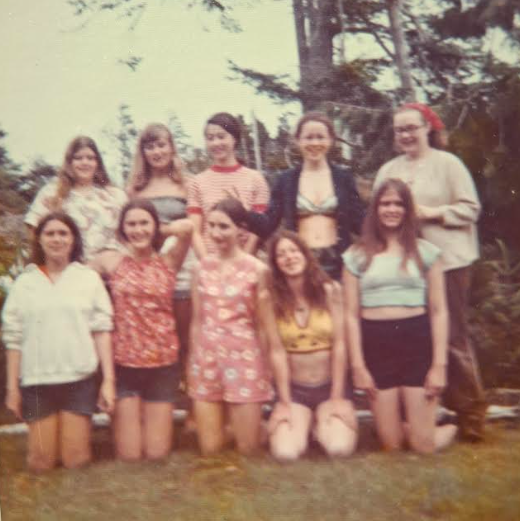
In the age of social media and smartphones, digital editing and video production have become common skills that filmmakers often utilize in their everyday lives. However, despite increased access to these tools, a certain level of craftiness is needed to produce a satisfactory video or film. These adjustments are not changes that necessitate years of experience or a degree — rather, they require a drive to put care into your art and to feel pride in your work. Here are some tips and tricks that can improve your digital media.
Often when starting out in film, it can be intimidating for a number of reasons; one of which is acquiring the gear needed; however, this is not something to get hung up on. Adam Souza, the Advanced Filmmaking teacher at Franklin, says that “gear doesn’t matter … [t]he number one thing that will give you success in filmmaking is learning how to tell [a] story. … Your English class is important. Writing is important. The ideation phase is sacred.” As a filmmaker, learning to write is one of, if not, the most crucial aspects of making a good movie. Watching a tasteful film will never hurt in terms of looking to observe good writing, but Souza mentions, “you also need to read, because that is a huge spring of creativity … What you’re doing when you read is you’re visualizing what you read, and so then you’re using the muscle that you need in order to make films.” Whatever scene is playing out in a story you’re reading, try and imagine how you would shoot it, and how it could come together on the big screen.
When you get around to filming, more often than not, you’ll have to work with others to make your vision come to life. Understandably, collaboration isn’t everyone’s strong suit, but it is highly necessary. “You have to be a really good collaborator in filmmaking, you don’t [even] necessarily have to be great at technical abilities,” says Souza. If you don’t feel confident in your filming abilities and you want to focus on different aspects, coordinating and finding a crew with an array of skills will massively improve your work.
Of course, editing is crucial — you may have the vision, but how do you bring it all together in a cohesive narrative? One tool that is a great asset, if you have access to a computer, is DaVinci Resolve, a free editing software. Seth Denlinger, a video production teacher Franklin, says, “After you start making things, when you start editing, I would [say] start watching movies with the sound off and I would watch [for] the cuts explicitly.” By doing this, you are allowing yourself to focus on an entirely different medium of the art that most people don’t usually pay much attention to because of how subtle it can be. Watch for the duration in between cuts as well as the composition of the entire scene. This practice will better your eye for looking at your own projects when editing.
As an art form, filmmaking has so many aspects to focus on that it will never be straight forward, but keep striving for the passion, even if you’re inexperienced or intimidated. Whatever direction that calls to you in this field — whether it’s sound design or directing — working to improve the media and art that is put out into the world will always be worth working for. “It’s like any sport or instrument, for some reason, the schema of your life has pointed you in this direction,” says Denlinger. Practice by reading, watching, writing, and filming, and what you produce will amaze you just as much as it amazes others.


































